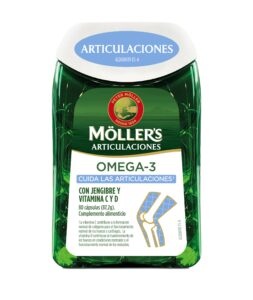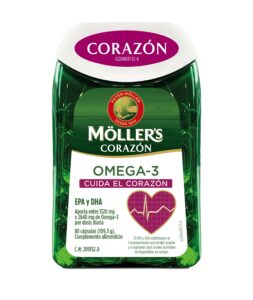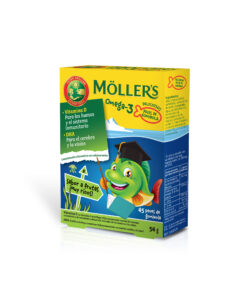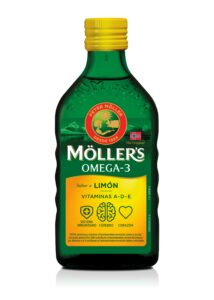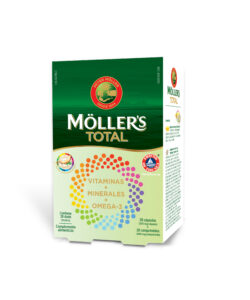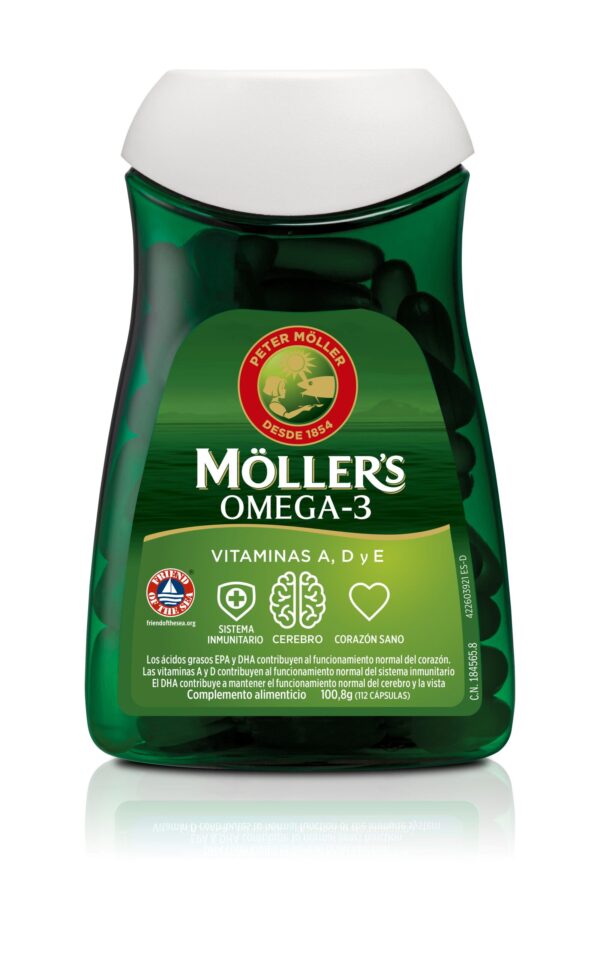A balanced diet coupled with a balanced approach to sun exposure will keep your skin in tip top condition all your round.
Home » Keep your healthy skin with the right nutrition

The skin is a living organ, with cells that continuously renew themselves. And, like any other organ, what nourishes your body, also nourishes your skin. What you eat also impacts how you feel, both physically and mentally. It goes without saying, then, that healthy food and drink affects your health and appearance. If you live an active life, healthy food and enough to drink – preferably fresh water – is extra important.
The best food for good skin
Fruit and vegetables contain many vitamins that are good for your skin and generally good for your body. Be on the look-out for fruit and vegetables rich in vitamin A and C. Vitamin A helps to form new skin cells, while vitamin C aids in the formation of collagen.
Read more articles about vitamins and minerals here
The minerals zinc and iodine are useful nutrients that help take care of your skin. Good sources of zinc are ox and lamb, but the mineral is also found in plant sources such as lentils, beans, nuts and seeds. Good sources of iodine are fish and dairy products. You should also drink enough water to avoid dehydration and dry skin. Fatty and sugary foods are not healthy, either for your skin or the rest of your body.
How much sun on your skin?
It’s important to expose your bare skin to sunlight because this is the main way your body gets vitamin D. It is well known that vitamin D contributes to the functioning of your immune system, which combats infections on the skin and elsewhere.
However, you need to strike a balance between spending time in the sun to get the health benefits of vitamin D and avoiding skin cancer from too much sun exposure. The balance is different for each person and depends on where you live, the time of day and year. According to the British Cancer Association, as little as nine minutes of lunchtime sunlight in the UK, without sunscreen, is enough for people with light European skin to get the health benefits from the sun. Darker skin may need up to 25 minutes.
When the sun isn’t shining
If you live in a country with little daylight during winter, you will have a vitamin D deficit during these months. It’s therefore wise to eat oily fish (a good source of vitamin D), take fish oil or vitamin D supplements.
What SPF should I use?
The NHS says a sunscreen with a sun protection factor of 15 should be enough for most people in Britain to prevent exposure to too much harmful UV radiation from the sun. However in reality, many people apply sunscreen too thinly. Based on this, an SPF of 30 may be better.
If you travel south in summer, use a higher SPF for the first days. If you have sunscreen left over from last year, replace it with a new one if you have used some of it, or if it has been in the sun or near heat, or without a top for a period of time.
Source: British Cancer Association, NHS
What is good health?
Do you have a good lifestyle?
Lifestyle simply means the way in which you live. Health and lifestyle go hand in hand. You might feel you have a good lifestyle if you are physically active, eat healthily and generally experience a sense of wellbeing. Conversely, if you want good health you should also have a good lifestyle.
Physical activity is the major contributor to a good lifestyle, but diet, drugs, stress, sleep and social conditions are also play an important role. Being able to use the body properly to avoid injury also affects lifestyle. Physical activity can also prevent depression and help you to recover more quickly from mental illness, both of which obviously affect your lifestyle.
Diet can be a difficult topic for many. Perhaps you eat too much or too little or maybe you find it hard to know what foods to combine to have a balanced diet. It’s also important to eat food that contains important vitamins, minerals and dietary fibre, omega-3 and antioxidants. On top of all this, you also need to get enough energy, protein and the correct fatty acids. The requirement for these nutrients changes throughout your life. When you are older you also have different requirements than children and younger adults. Women also have different requirements than men. Pregnant and breastfeeding mothers also have special requirements.
When you get older, you lose muscle mass and your body requires less energy and therefore less food. You may lead a less active life than you did before, which is why you require less food. However, your need for minerals, vitamins and other nutrients remains the same. Of course, there are plenty of healthy and active older people, but when you reach 70 to 80 years of age, it’s easier to become ill, especially during flu season.
Some steps you can take to improve your lifestyle and health are to:
- eat a healthy and varied diet
- stay active
- watch your weight
- avoid too much alcohol and don’t smoke
- get enough sleep
- think positive
- practise good hygiene
What is good quality of life?
The World Health Organisation (WHO) defines quality of life as a state where the individual can realise their potential, cope with normal stressful situations, work in a rewarding and positive way, and be able to contribute to others and society.
Quality of life is a wide and somewhat diffuse concept that includes joy in, and a desire for, life. These are values that are rather felt than measured, which in turn are based on personal environment and choices. Quality of life doesn’t necessarily depend on being healthy or sick. It’s the moments between worries, sorrows, problems and ailments that matter. For example, if you have a chronic illness, a feeling of mastery can be important when talking about quality of life.
To sum up, quality of life is a combination of health, lifestyle, networks and social support. It’s about experiencing joy, meaning in life, satisfaction, security and a sense of belonging, as well as being able to use your strengths. It’s also about feeling interest in life, coping with everyday situations and a being committed to something or someone. If you have good quality of life, you will be able to cope better with the inevitable stressful situations in life.
Learn more
Exercise program for the elderly
Healthy Aging Healthy Bones
Healthy diet during pregnancy
Brain Healthy Aging
Good health, lifestyle and quality of life – What does it all mean?
Cod Liver Oil Healthy Aging
Get inspiration on our Instagram
This error message is only visible to WordPress admins
There has been a problem with your Instagram Feed.
